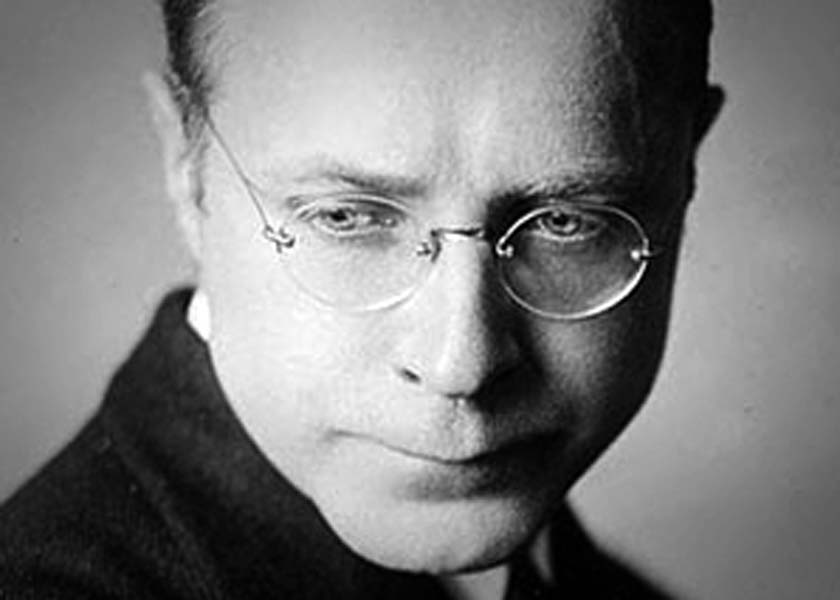Donald Ogden Stewart's writing career began in New York among the literary wits of the 1920s, continued successfully in Hollywood as a screenwriter and script doctor, and ended with blacklisting and exile in London in the 1950s.
After graduating from Yale in 1916, Stewart and moved to New York in the early 1920s. He associated with most of the major American literary figures of his time: Edna Ferber, Alexander Woolcott, Ernest Hemingway, Gilbert Seldes, and John Dos Passos. He was a member of the Algonquin Hotel Round Table, went to Pamplona with Hemingway, and, in Paris, played at being the life of the party. His literary output consisted of humorous books of etiquette and parodies of novels, especially about Midwesterners touring Europe. In 1925 he met director King Vidor and discovered the joys of Hollywood. In his autobiography, Stewart recalls an easy life with rich friends and lots of parties. He continued writing humorous articles and books.
His brief acting career occurred at the end of the 1920s. Philip Barry wrote an important part for him in his play Holiday (1928), and Vidor cast him as the escaped lunatic in the film Not So Dumb (1930).
Stewart's career as a professional humorist ended about 1930, when he began a new career as a screenwriter. Between 1930 and 1950 he worked on the scripts of many important films, including Laughter (1930), Red Dust (1932), Dinner At Eight (1933) and Holiday (1938). Stewart's script for The Philadelphia Story (1940) won him the Oscar for Best Adapted Screenplay.
Despite his success as a screenwriter Stewart felt creatively stifled. His rewrites of the works of others were done to please his employers. He felt that he had surrendered his freedom in pursuit of wealth and pleasure. The hardships of the Great Depression fueled his desire to be on the side of the underdog and aid the entrance of the working class into the good life. These ideals led him to romanticize socialism and idealize the Soviet Union as the first socialist republic. Even as he continued to work on screenplays, he began to lose friends because of his approval of Stalin.
After World War II he worked on a few more screenplays, but his pro-Soviet stance, before and after the war, resulted in his blacklisting in 1950. Producers did not offer him scripts, and his screenwriting ceased. To avoid being called before the House Un-American Activities Committee, Stewart moved to England, where he did some uncredited work on a few more screenplays, including David Lean's Summertime (1955) and Leo McCarey's An Affair to Remember (1957). In the US, he was labeled a security threat and lost his passport for a while. He remained in London, where he died in August, 1980, never having returned to live in his native land. In his autobiography, By a Stroke of Luck (1975), Stewart describes the tension he felt between his professional and public success and his private yearnings and ideals.
Further Reading

